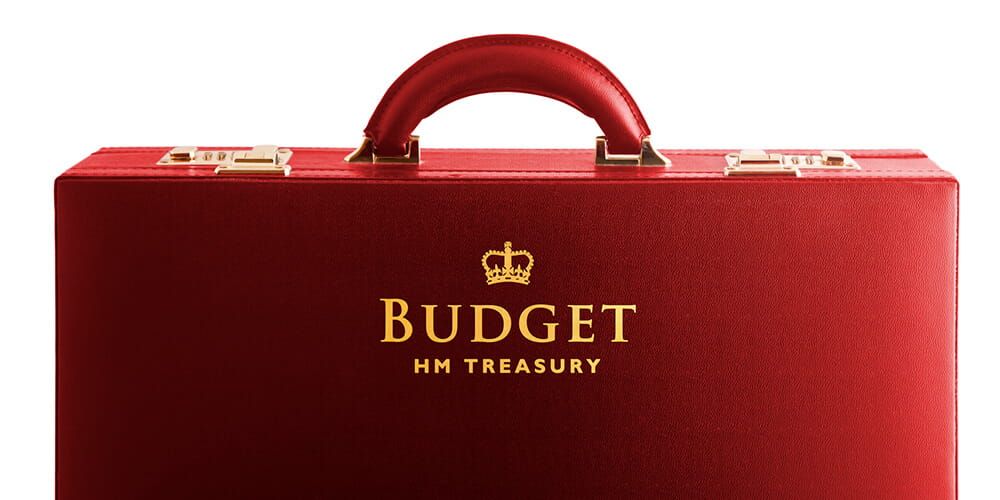Spring Budget 2022: Key points at a glance
Community

Last Wednesday, the Chancellor of the Exchequer, Rishi Sunak, delivered his Spring Budget 2022. This announcement arrived at a time when prices in the UK are rising at the fastest rate in 30 years (BBC) and living costs are soaring. The mini-Budget unveiled some of the steps being taken by the Treasury over the next few months.
To get you up to speed with everything announced in the Budget, we’ve put together a quick round-up of the key points.
How is the UK economy doing?
As part of the Budget, the Chancellor gave an update on the current state of the UK’s economy and public finances:
- The UK’s economic forecast for growth in 2022 has been cut from 6.0% to 3.8% by the Office of Budget Responsibility, with further forecasts of 1.8% for 2023 and 2.1% for 2024.
- Annual inflation was 6.2% in February 2022 and is expected to peak at 8.7% in Q4 2022. The average for the rest of the year is likely to be 7.4%.
- The unemployment rate, currently at 3.9%, has fallen steadily for twelve consecutive months to below its pre-pandemic rate.
- Underlying debt is predicted to fall from 83.5% of GDP in 2022/23 to 79.8% in 2026/27, while borrowing as a percentage of GDP is 5.4% in 2022 and will be 3.9% in 2023, then 1.9% (2024), 1.3% (2025), 1.2% (2026) and 1.1% (2027).
- The UK is forecast to spend £83 billion on debt interest over the next financial year, which will be the highest debt spend on record.
What measures were announced in the Spring Budget?
Living costs
- Duty on fuel will be cut by 5p per litre for a year to help motorists deal with record fuel prices. The cut came into effect on Wednesday (23rd March) and will last until March 2023.
- Homeowners who wish to install energy saving measures, such as solar panels, heat pumps or insulation, will no longer have to pay 5% VAT.
- Starting in April, local authorities will receive an additional £500 million for the Household Support Fund, which is intended to help vulnerable households deal with rising living costs.
Taxes
- The National Insurance threshold will be raised to £12,570 in July, allowing people to earn more without paying NI Tax. This will see a typical employee benefitting from a tax cut of £330 in the year from July.
- The Chancellor committed to cutting the basic rate of Income Tax from 20p in the pound to 19p by the end of the current Parliament in 2024.
- There will be a £1,000 increase in the Employment Allowance, a tax relief for smaller business’ National Insurance payments, from £4,000 to £5,000.
- The Chancellor announced there would be tax cuts on business investment and innovation in order to promote a “culture of enterprise”, as well as a reform of research and development tax credits. More details will be announced in the Autumn budget later in the year.
For in-depth details of the announcements and figures, the full Spring Budget Statement is available on the UK Government website here.
